A New Framework Guides Support for Sexual and Reproductive Self-Care
Written by: Alison Pack, Program Officer
Recently, the field of public health has seen significant progress in enabling and promoting self-care in sexual and reproductive health (SRH). Nonetheless, those who influence SRH practices or policies need guidance to formally support self-care behaviors. In response, Breakthrough ACTION and the Self-Care Trailblazer Group developed a framework and accompanying guidance: Supporting Sexual and Reproductive Self-Care through Social and Behavior Change: A Conceptual Framework (also available in French).
The World Health Organization defines self-care as “the ability of individuals, families, and communities to promote health, prevent disease, maintain health, and cope with illness and disability with or without the support of a healthcare provider.” People have practiced self-care long before health systems were developed, though the concept has become more formalized and promoted with recent developments in SRH technology, along with the recognition by health practitioners that people can and should take more control of their healthcare. Individuals are also increasingly interested in having more control over their SRH. As guidelines, policies, and programming more effectively address self-care behavioral determinants, self-care will become more feasible, accessible, and affordable.
Over the last several decades social and behavior change (SBC) interventions have been shown to increase uptake of SRH services and products. SBC employs many strategies to identify and address knowledge, attitudes, norms, beliefs, laws, motivation, agency, self-efficacy, social determinants of health, and structural inequities. SBC approaches help family planning users define and achieve their reproductive intentions by addressing social norms and other determinants that facilitate or prevent people from making and acting on decisions related to self-care.
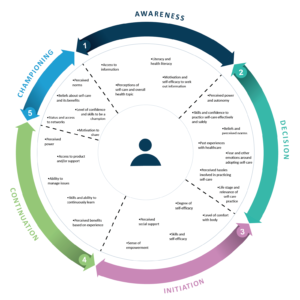 Several frameworks exist to contextualize self-care in health, but these frameworks do not dive deeply into the behavioral aspects of self-care in SRH. Breakthrough ACTION’s new framework illustrates that SBC is essential for SRH self-care. Its purpose is to explore self-care in SRH through a social and behavioral lens and to demonstrate the importance of incorporating SBC approaches in SRH self-care initiatives. The framework and accompanying guidance can help policymakers, donors, government representatives, and implementers understand what drives self-care behavior. They then can make policy and programmatic decisions that use SBC to promote and enable SRH self-care.
Several frameworks exist to contextualize self-care in health, but these frameworks do not dive deeply into the behavioral aspects of self-care in SRH. Breakthrough ACTION’s new framework illustrates that SBC is essential for SRH self-care. Its purpose is to explore self-care in SRH through a social and behavioral lens and to demonstrate the importance of incorporating SBC approaches in SRH self-care initiatives. The framework and accompanying guidance can help policymakers, donors, government representatives, and implementers understand what drives self-care behavior. They then can make policy and programmatic decisions that use SBC to promote and enable SRH self-care.
Policymakers, donors, government representatives, and program implementers should consider their roles in enabling the individual at each stage of the self-care journey. Reviewing the information provided by the framework can serve as a starting point to determine where and how they might facilitate self-care practices. The supporting pages of the framework narrative contain further guidance and examples on how to apply this framework.

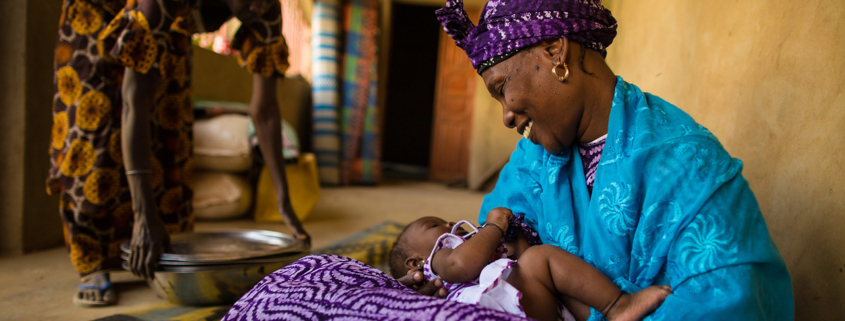 Morgana Wingard/USAID
Morgana Wingard/USAID Cambey Mikush/Photoshare
Cambey Mikush/Photoshare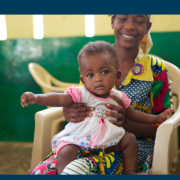 Sara Holbak/VectorWorks/Photoshare
Sara Holbak/VectorWorks/Photoshare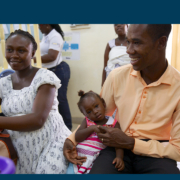 Sarah Hoibak/VectorWorks/Photoshare
Sarah Hoibak/VectorWorks/Photoshare Getty Images/Image of Empowerment
Getty Images/Image of Empowerment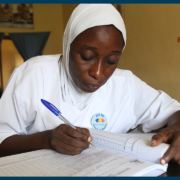 © 2012 CCP/NURHI 2, Courtesy of Photoshare
© 2012 CCP/NURHI 2, Courtesy of Photoshare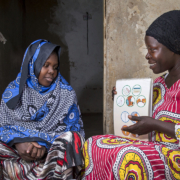 Jonathan Torgovnik/Getty Images/Images of Empowerment
Jonathan Torgovnik/Getty Images/Images of Empowerment